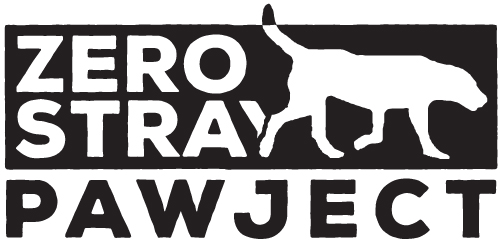Greece launches a new companion animal welfare legislation in August 2021
The new bill legislates that pets must be kept according to the universally accepted “The Five Freedoms”. This is a new framework that can be used in court. For example, freedom of “fear” is a powerful concept that I am sure many will apply in court very soon for some of the “grey cases”.
It has a National Registry of all owned as well as stray pets, a nationwide adoption platform where all strays in the Registry are showcased, and registries of all animal welfare organizations, breeders, shelters, and blood donors. That provides complete transparency.
Pets will have a digital medical health book for all pets (including all laboratory results and the pet’s DNA) stored centrally and accessible by any veterinarian and the owner, which is a major milestone in Greece with many Greek vets lacking a CRM system.
It is now mandatory for pet owners to make a choice: to either neuter their pets by the age of 1 or have a vet take a DNA sample of their pet, that will be sent to a Greek genetics’ laboratory. DNA will now be stored with the Laboratory for Conservation and Analysis of Pet Material Genetic Material. This ensures that any abandoned pet can be traced back to its owner who will then face criminal charges. Greece is the first country worldwide to introduce a DNA registry. Zero Stray Pawject introduced that idea back in 2018 when we spoke to business insider about the need to introduce a DNA database.
So essentially, owners have the choice between neutering or providing DNA. Neutering is NOT mandatory but abandonment of puppies and kitten will not be easy anymore.
In case the animal owner does not sterilize his pet or does not send in a DNA sample, a fine of 1,000 euros will be imposed and the owner will be given a three-month period to sterilize or send a sample of the animal’s genetic material. In the event that this deadline also passes without action, the fine will be imposed again.
New rules are introduced for breeding as well: owners who just want to breed can do so, but will be licensed for one litter per pet, while prospective owners of offspring will have to be officially registered.
Approved licensed breeders will be fined 2,000 euros if they mate a single animal more than six times. Amateur (so-called ‘back yard’) breeders will also be subjected to several new restrictive rules.
The sale of pets will only be allowed by approved breeders. Pet adoption fees will be forbidden, except for transportation and medical treatment costs.
Banning of exhibiting cat and dogs at pet shops, together with a ban on mating advertorials: the fine for publishing a mating ad will be more than tripled when not referencing the pet’s unique ID microchip number and the new reproduction license.
A five-digit number to anonymously report animal abuse to the police, and a website where video and photo evidence of abuse can be uploaded.
Records of people who have been sentenced for torturing animals will be entered into a database managed by the Athens prosecutor’s office and be cross-referenced with the Pet Registry so that they may not register as pet owners in the future.
Incentives and annual plans to municipalities for providing preventative programs (chipping, neutering).
Low-income families will be given free chipping and neutering services.
To download the law, click here.
To go back to News, click here

